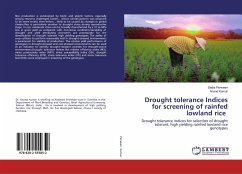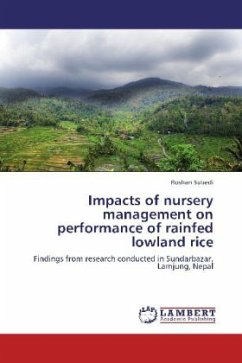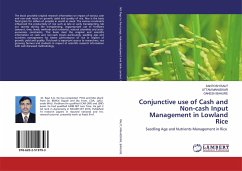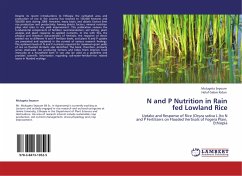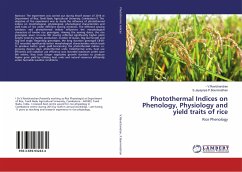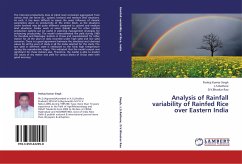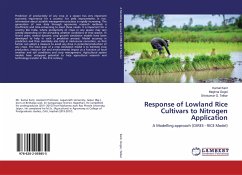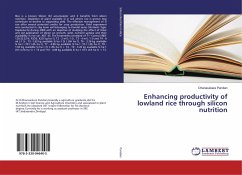Rice production is constrained by biotic and abiotic factors, especially among resource challenged famers , where rainfall pattern was observed to be more erratic than before , likely to be caused by changes in global climate.Rice is particularly sensitive to drought stress during reproductive stage. In rice, moderate stress can be broadly characterized by a 31 to 64% loss in grain yield as compared with non-stress conditions.Variability of drought and yield attributing characters are prerequisite for the identification of drought tolerant high yielding genotypes. The ability of crop cultivars to perform reasonably well in drought-stressed environments is paramount for stability of production. The relative yield performance of genotypes in drought-stressed and non-stressed environments can be used as an indicator to identify drought-resistant varieties for drought-prone environments.Drought tolerance indices like relative efficiency index (REI), mean productivity index (MPI), stress susceptibility index (SSI), drought tolerance efficiency (DTE), stress tolerance index (STI) and stress tolerance level (TOL) were employed in screening of the genotypes.
Bitte wählen Sie Ihr Anliegen aus.
Rechnungen
Retourenschein anfordern
Bestellstatus
Storno

